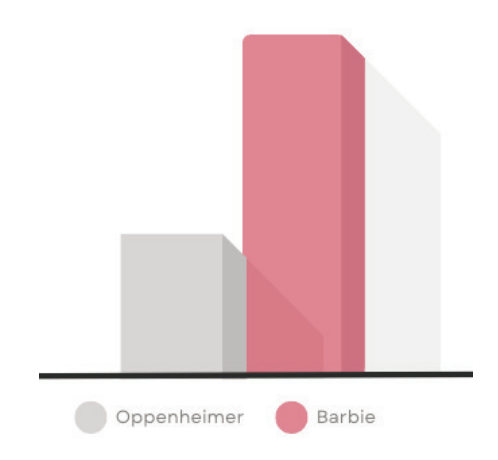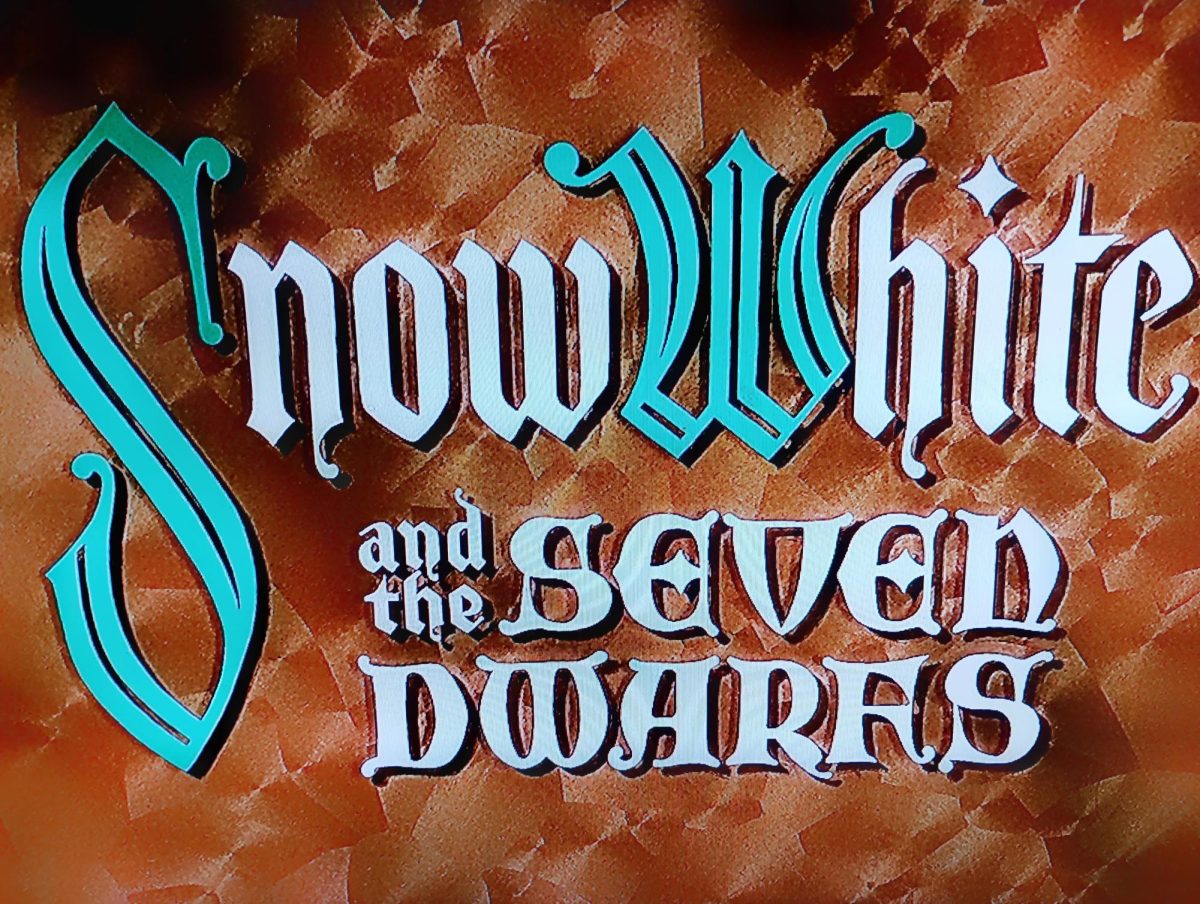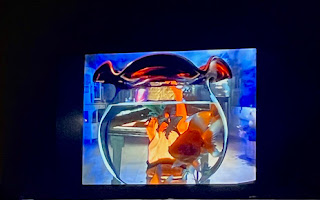
As we all witnessed this summer, July 21st was a day to remember in cinematic history: both Greta Gerwig’s Barbie and Christopher Nolan’s Oppenheimer were shown in theaters to the public for the first time. Known around the world and across social media as “Barbenheimer,” the historical dual release sent shockwaves through theaters everywhere. With the combination of the colorful, comedic Barbie Land and the darkness and drama of the Manhattan Project, a new and unique cinematic experience drew millions to the big screens. Not only did “Barbenheimer” break box-office records, with sales exceeding the millions, and mark a revival of movie-theater culture, but the films also immensely impacted society by addressing issues from patriarchal power and gender roles to the dangers of complacency and self-destruction.
If you’ve seen other movies directed by Greta Gerwig, like Lady Bird and Little Women (if you haven’t, I would highly recommend giving them a watch…or 30), you would know that her style of film is unique. According to St. Petersburg High School students, some people expected a more traditional representation of Barbie as a character and the beloved franchise built around her. 9th Grader Kate Hewitt put it best: “I was expecting to see something funny and childish since it was Barbie. I knew there would be a little bit of conflict, but I thought that it would be mostly comedy.” While Barbie did succeed in making viewers laugh, thanks to comedic elements such as Ken and his “Mojo Dojo Casa House” and all of Weird Barbie’s interactions, Greta Gerwig made sure to deliver a truly meaningful interpretation that had never been seen before. Barbie not only represented the power of the patriarchy in society, but it also depicted the significance of gender roles and the impact of feminism. It is safe to say, unlike the superficial portrayals of the past, Greta Gerwig’s Barbie takes on significant issues of today while blending with the colorful world that fans know and love.
On the opposite end of the cinematic spectrum, we have Christopher Nolan’s Oppenheimer, a film that dropped into theaters with the force of J. Robert Oppenheimer’s atomic bomb. With crisp cinematography and brilliant writing, Nolan’s newest film once again proves his skills as a director. Having directed numerous award-winning movies, such as Tenet, Interstellar, and Inception, Oppenheimer reflects Christopher Nolan’s mastery of complex filmmaking and his knowledge of Hollywood’s craft. Set during World War II in Los Alamos, New Mexico, the film shows the process of creating the atomic bomb. It depicts the terror and guilt experienced by the leading scientist of the operation, J. Robert Oppenheimer, played by Cillian Murphy. Through the eyes of Oppenheimer, viewers can see the horrors that came with the creation and release of such a powerful weapon. The quote used to describe Oppenheimer best as a whole is one said by himself: “Now I become Death, the destroyer of worlds.”
Although Barbie and Oppenheimer have proved to be films with completely different plots and impressions, their impacts on the film industry and pop culture are essentially equal. As of September 17th, Barbie has generated $626 million at the domestic box office since its July release, while Oppenheimer has made $318 million. Although both films have set records regarding their earnings, there are even more significant impacts, specifically surrounding movie theaters. Since the detrimental effects of COVID-19, the past few years have been financially difficult for theaters across the word, thanks to streaming platforms like Disney+ and Max that make viewing at home more accessible than ever. However, the dual release of Barbie and Oppenheimer showed the country that the spirit of movie theaters cannot be broken. Fans, full of anticipation, flooded theaters across the nation dressed in head-to-toe pink, black tie businesswear, or a creative combination of both, eager to watch the films of the summer. As two completely different audiences came together to celebrate the film’s duality, it became apparent how vital “Barbenheimer” was to our modern society. Through the brilliant directing of Greta Gerwig and Christopher Nolan, a new era of cinema culture has been introduced to the world, and a sense of optimism for the future of the film industry is buzzing across theaters everywhere.












![[Wine Country] is the movie that you want to watch with your friends after coming back inside from the beach.](https://sphspalmettoandpine.com/wp-content/uploads/2023/05/IMG_2344-e1684130740749-675x900.jpeg)